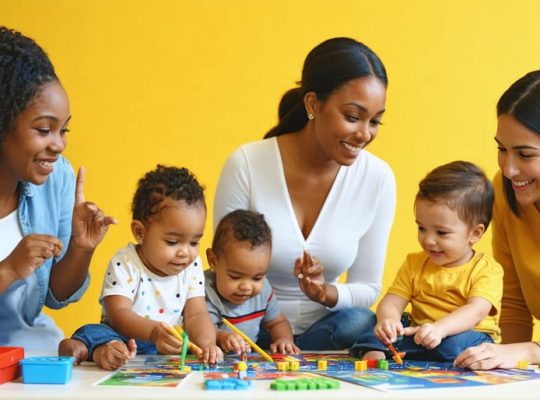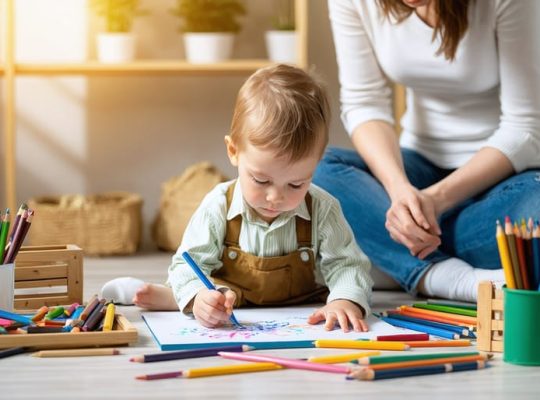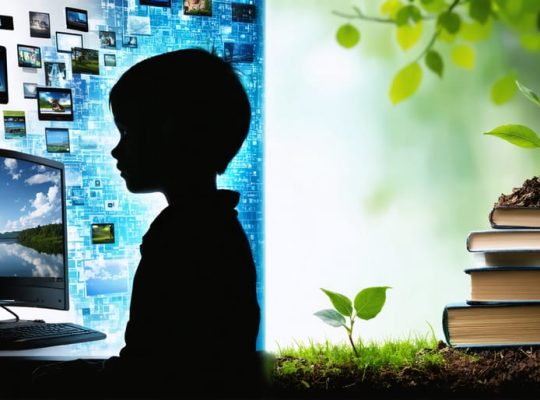Breaking Down Barriers: How Community Services Transform Life for Deaf Children
For deaf individuals and their families, robust community support services create the foundation for success, connection, and well-being. These vital networks encompass specialized educational programs, sign language interpreters, assistive technology resources, and mental health professionals trained in deaf culture. Research shows that early access to comprehensive support services significantly improves educational outcomes, social development, and emotional well-being for deaf children and adults alike.
Across the United States, dedicated organizations work…










